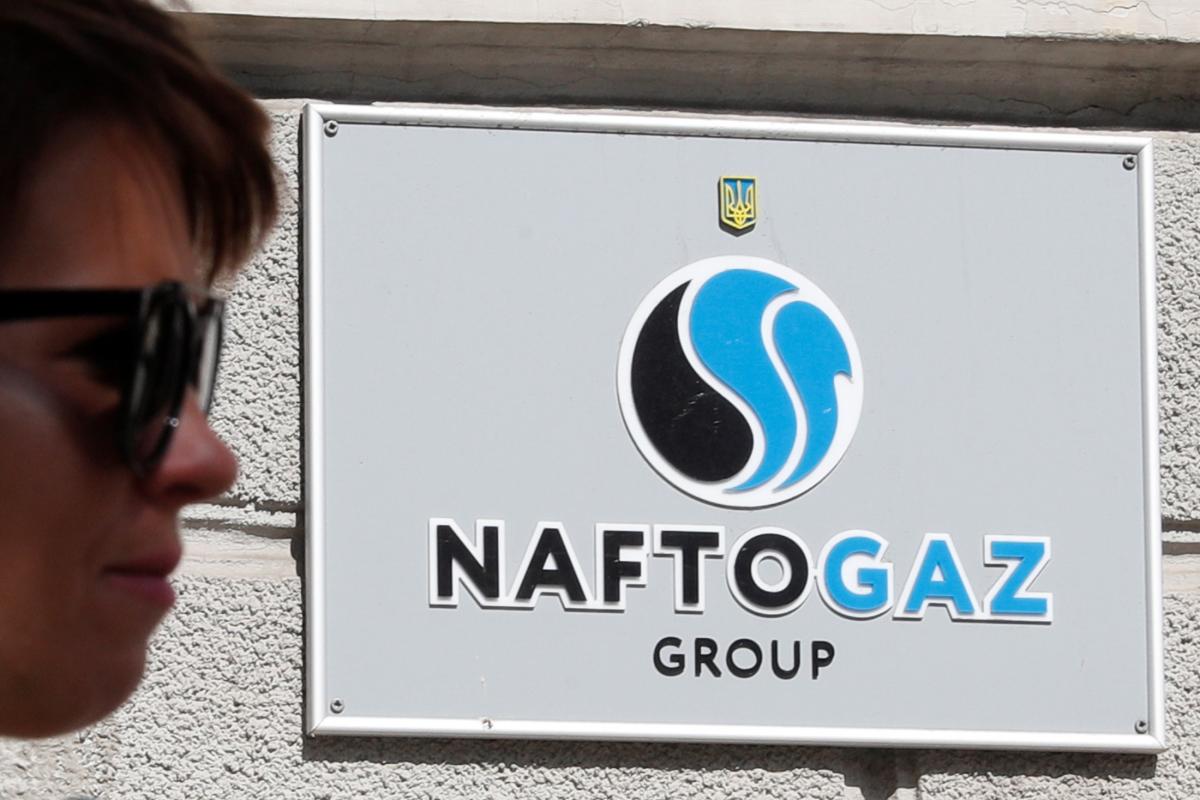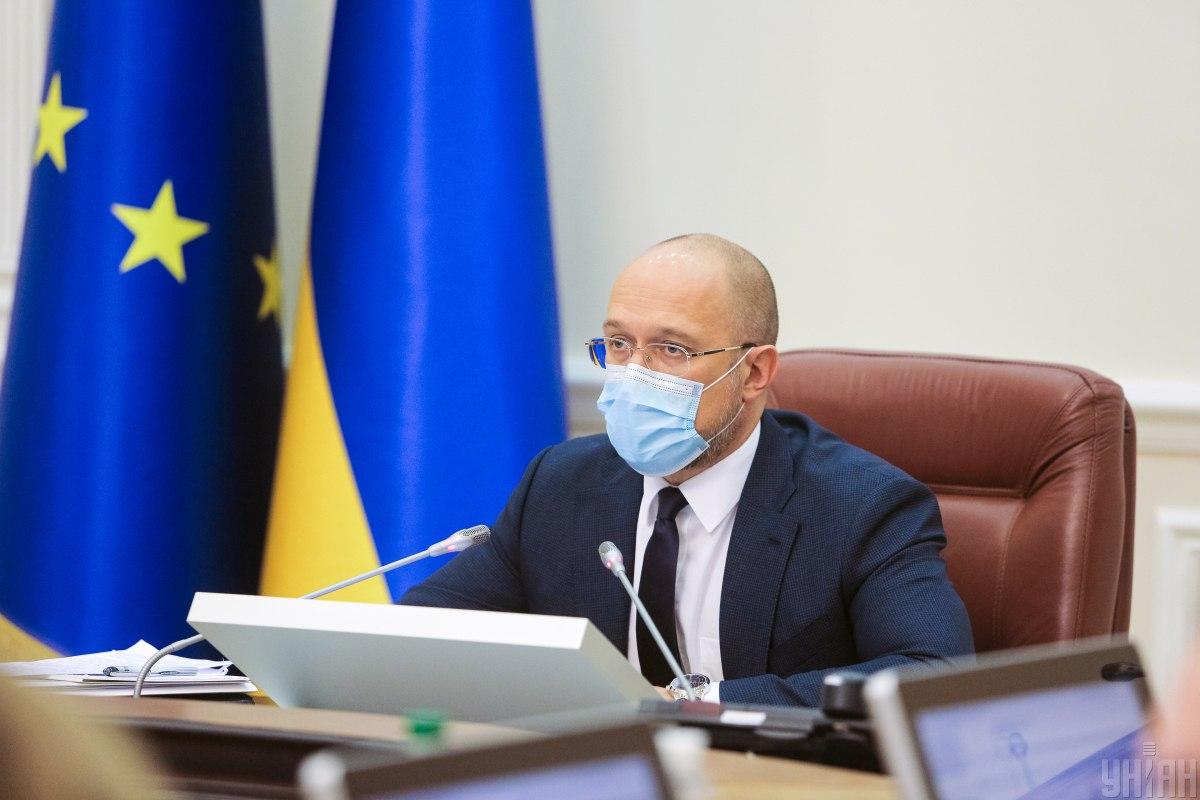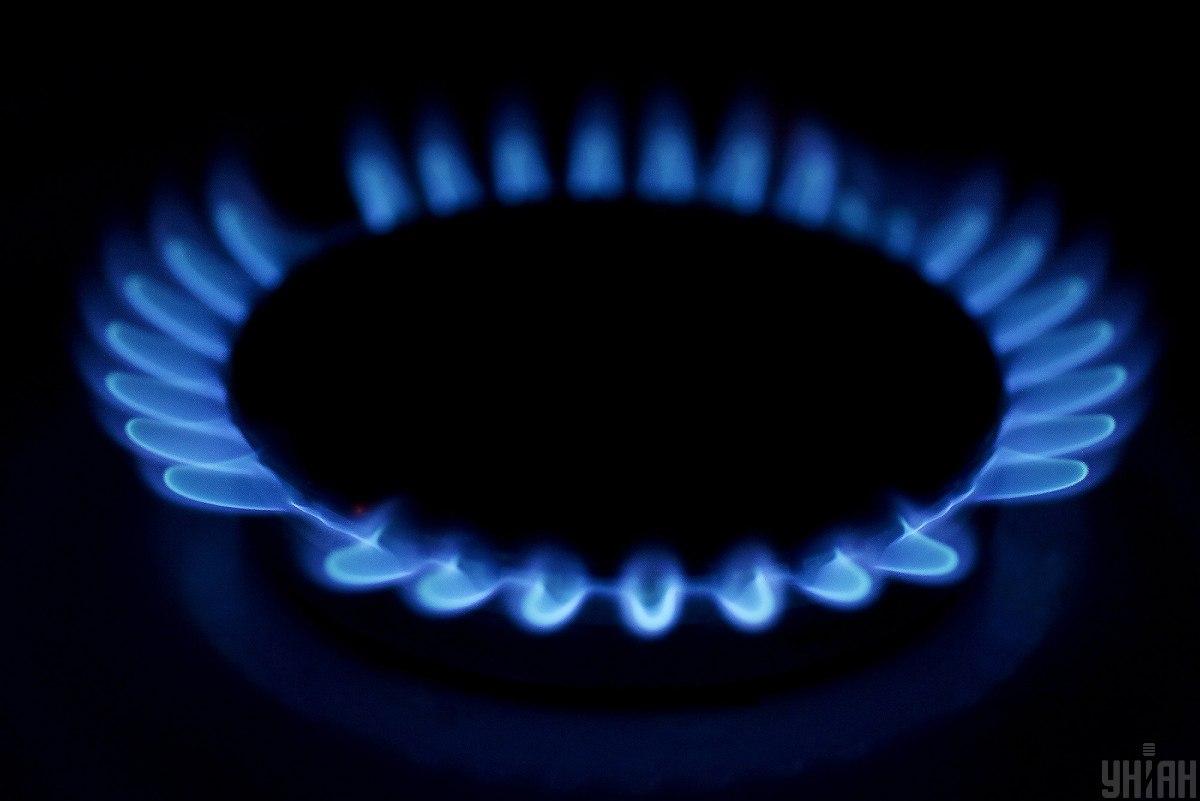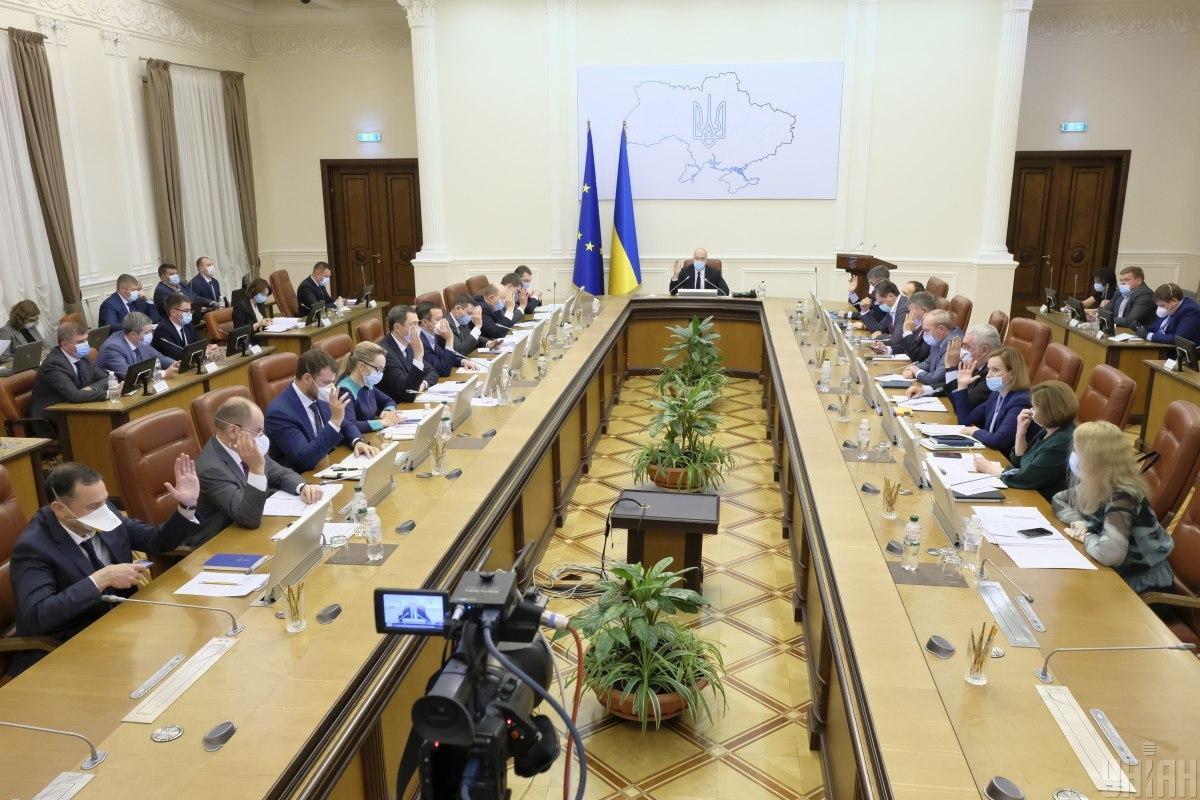
Week's balance: Cabinet expects GDP growth to accelerate to 5% in 2024, Rada greenlights ban on plastic bags, Naftogaz drafts three-year contracts for TPPs
The government has approved a three-year forecast for the country's economic development, expecting GDP growth at 5% in 2024; Parliament has restricted the use of plastic bags, while Naftogaz has presented three-year contracts for gas supplies to thermal generators – these are the main developments in the country's economy of the first week of June.
On Monday, the government approved the forecast for Ukraine's economic and social development for 2022-2024. It says the growth of the national economy in 2022 will stand at 3.8%, accelerating to 4.7% and 5% in 2023 and 2024, respectively.
Amid coronacrisis, Ukraine's economy contracted by 4% in 2020, being expected to return to 4% growth in 2021.
At the same time, the rise in inflation next year is projected at 6.2%, and to 5.3% and 5% in the next two years, respectively. As the State Statistics Service reported earlier, in April 2021, inflation rose 8.4% on year.
As per the government's forecast, the unemployment rate in the country will gradually decline: to 8.5% in 2022, and then to 8% and 7.8% in 2023-2024.
The growth in real average monthly wages in 2022 is projected at 4.4%, in 2023 it will grow by 6.1%, and in 2024 – by 5.6%.
"It is assumed that in 2022-2024 the development of the economy will proceed along the trajectory of pacing economic growth. Investment demand will grow at the fastest rate, while the role of bank lending in financing investment projects will increase. Government's financial assistance programs, the development of real estate leasing, the creation of appropriate infrastructure in the capital markets will stimulate the development of business and investment in the Ukrainian economy," the government noted.

Prime Minister Denys Shmyhal said the state budget deficit in the coming years would almost halve and return to the target 3% of GDP starting 2023. Also, public debt is set to be reduced to below 50% of GDP, which will allow for increased funding in health care, defense, and education.
"Macroeconomic stability will be ensured, and the dollar exchange rate is expected in the corridor of UAH 28-29. Thanks to the reforms already implemented, as early as in 2023 we will be able to reach a stable trend of economic growth, in fact, at 5% annually," PM said.
Three-year contracts with Naftogaz
Important news came from the presentation by Naftogaz of Ukraine of its three-year contracts for gas supplies to thermal generating companies.
It is assumed that from June this year and over the next thirteen months, the long-term market price will be UAH 7.42 per cubic meter including VAT, but excluding the tariff of the gas transmission system operator. Price offers for thermal generators from July 1, 2022, and from July 1, 2023, will be indexed.
The company noted that under the contract, the long-term market price only applies to the volume of gas, which corresponds to the historical volume of consumption by TPPs in terms of producing thermal energy and hot water directly for the needs of the households. Volumes of gas beyond that will be sold at the spot price.
After the authorities early this year took the path of populism by blocking the increase in tariffs for heating and hot water, TPP enterprises are anxiously awaiting the start of next winter. As of today, they have already owed about UAH 55 billion to Naftogaz for gas consumed.

Even taking into account the fixed gas price at UAH 7.42 per cubic meter, economically justified tariffs for some enterprises are almost twice as high as the actual ones. That's besides all other problems that need to be addressed before October.
According to President Volodymyr Zelensky, in the near future, a bill will be tabled in parliament aimed at eliminating one of them. This is about writing off the debts of heat-generating enterprises before Naftogaz.
"I support writing off debts to NJSC Naftogaz. I know that the law has been submitted, so it's now in the Verkhovna Rada. There were some processes aimed at dragging the bill's adoption, for various reasons, but I believe they're insignificant... I think that in the coming days we will see this bill pass the committee and be voted in the Verkhovna Rada," he said.
Environmental protection
This week, lawmakers adopted a bill restricting turnover of plastic bags. From January 1, 2022, Ukraine will ban distribution of plastic bags up to 50 microns thick in retail outlets, restaurants, and cafes.
In addition, it prohibits distributing oxo-degradable (oxo-biodegradable) plastic bags in retail and catering facilities. It is also introducing mandatory labeling of biodegradable plastic bags in accordance with national standards.
Violators shall be fined in amounts from 100 to 500 tax-free minimum incomes, that is, UAH 1,700-8,500.
"The next step towards responsible consumption should be to eliminate disposable tableware, such as coffee straws. There are already retail chains in Ukraine that adhere to ecological principles and offer bamboo or cardboard straws. Supermarkets also offer a myriad of alternatives to disposable plastic tableware – made from craft paper, starch, and other natural ingredients. And they are not much more expensive than plastic ones," said Bohdan Krasavtsev, chairman of the Ekolohichna Natsia non-profit.
In another important move, the Verkhovna Rada passed on Thursday a number of amendments to the Tax Code imposing VAT on digital services offered by global tech giants. The press has already branded the decision a "tax on Google."
Payments under GDP warrants
Another event that can't be ignored is the first payment by Ukraine on government warrants, which are the product of public debt restructuring completed in 2015.

Back then, foreign creditors, in exchange for these warrants, agreed to defer payments for servicing the country's sovereign debt.
The nominal value of Ukraine's GDP warrants is $3.24 billion, while their circulation period will mature in 2040. The yield on securities is tied to the rate of Ukraine's GDP growth.
At the same time, Ukraine doesn't pay creditors if the national economy grows slower than 3% per year. If GDP growth is in the range of 3-4%, then 15% of this 1% growth is given to lenders.
The first payment was made in 2019 when the Ukrainian economy grew by 3.2%. The total amount stood at $40.75 million, or UAH 1.12 billion.
The next week, according to weather forecasters, will bring thunderstorms, but compared to the cool start of summer, air temperatures in most regions will gradually rise.
Such weather will contribute to the solid development of most crops, so Ukraine may hope for a nice harvest this year and an influx of forex earnings.
A significant improvement in COVID-19 stats also gives rise to optimism. If the current trend prevails, it's likely that next week Ukraine will switch to the safer "green" zone.
Also next week, the government is due to release a report on economic performance in April, while the State Statistics Service will report on the inflation rate in May.
Dmytro Shvarts

